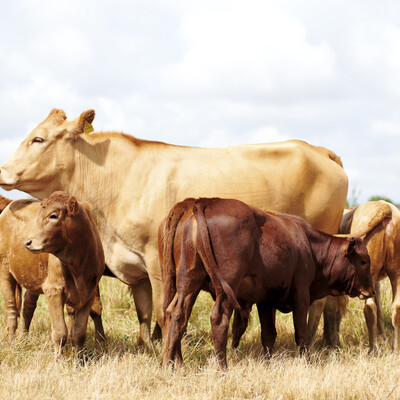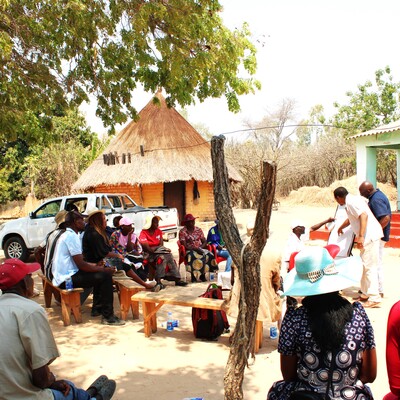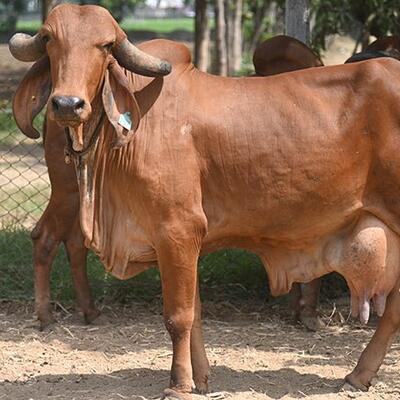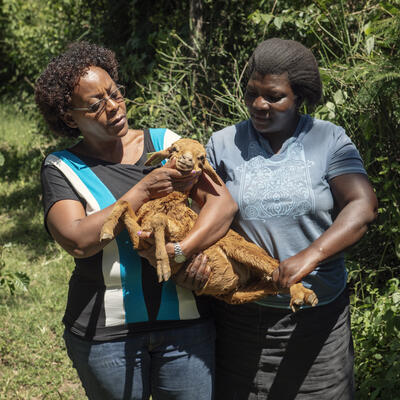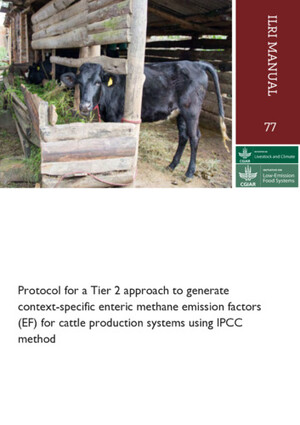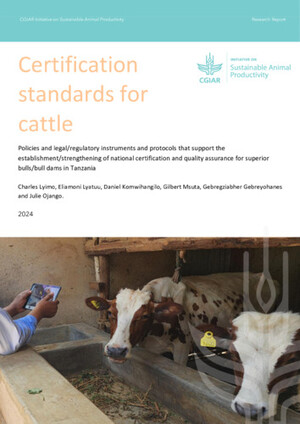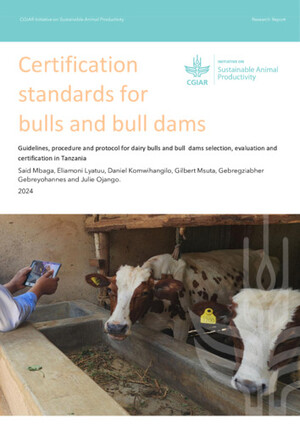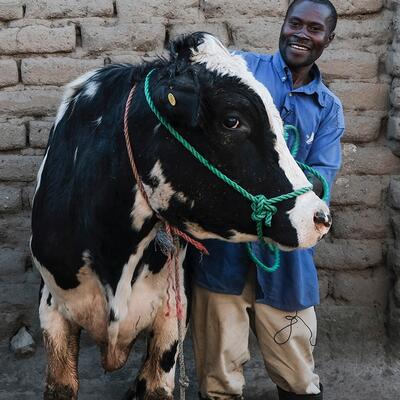
Towards improved vaccines against contagious bovine pleuropneumonia (CBPP)
Elise Schiecka, Anne Liljandera and Joerg Joresa,b
aInternational Livestock Research Institute, Box 30709, 00100, Nairobi, Kenya
bInstitute of Veterinary Bacteriology, Vetsuisse Faculty, University of Bern, Länggass-Str. 122, Postfach 3001, Bern, Switzerland
Contagious bovine pleuropneumonia (CBPP), caused by Mycoplasma mycoides subsp. mycoides (Mmm), remains one of the most important infectious diseases of cattle in sub-Saharan Africa. CBPP is a severe respiratory disease, with mortality rates of up to 50% in naïve herds and is responsible for heavy economic losses.
Currently, control of the disease relies on a live vaccine of limited efficacy and duration of immunity and occasional post-vaccinal reactions occur at the site of injection.
Protective immunity to CBPP is still poorly understood, hampering the development of new more efficient vaccines. We recently performed a long-term CBPP trial lasting for over a year, where we provide data supporting anecdotal evidence that cattle surviving CBPP infection acquire lifelong immunity. Analysis of samples collected during the trial is ongoing, and we are using them to identify immunological correlates of protection.
Another in vivo trial has identified the polysaccharide coating of Mycoplasma mycoides to be a virulence factor which can be exploited in future vaccine development (Jores et al., 2018, https://www.ncbi.nlm.nih.gov/pubmed/30541131).
The need for an improved, robust challenge model for testing candidate vaccines against CBPP has now been recognized by the international mycoplasma research community. At ILRI, first steps of improving the CBPP challenge model have been taken, where repeated intra-nasal spraying of the infectious material has replaced the invasive endotracheal intubation method of infection. For more information contact: Elise Schieck, e-mail: e.schieck at cgiar.org





